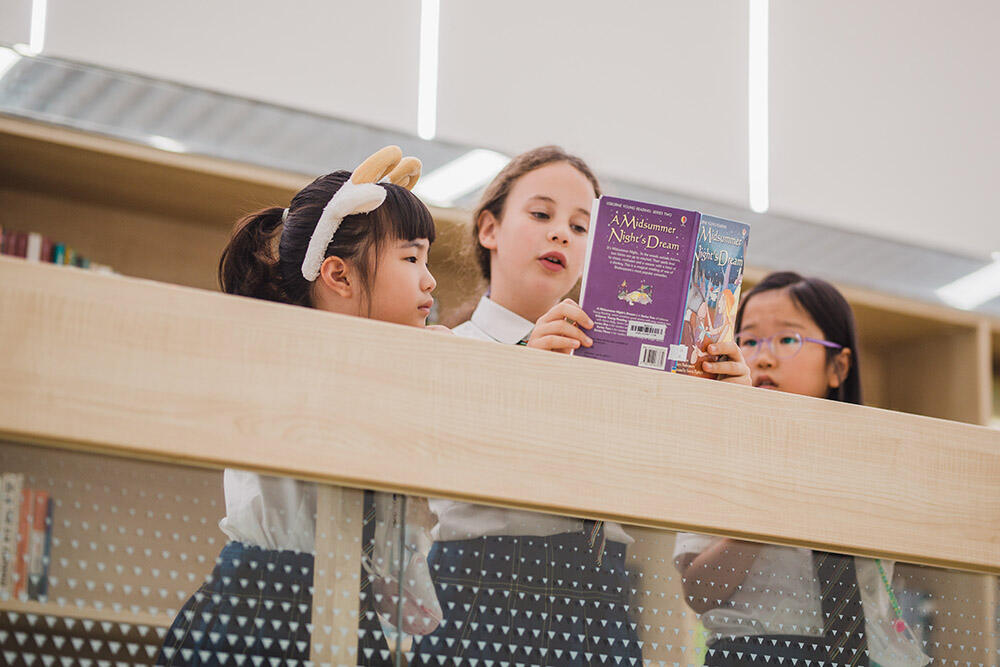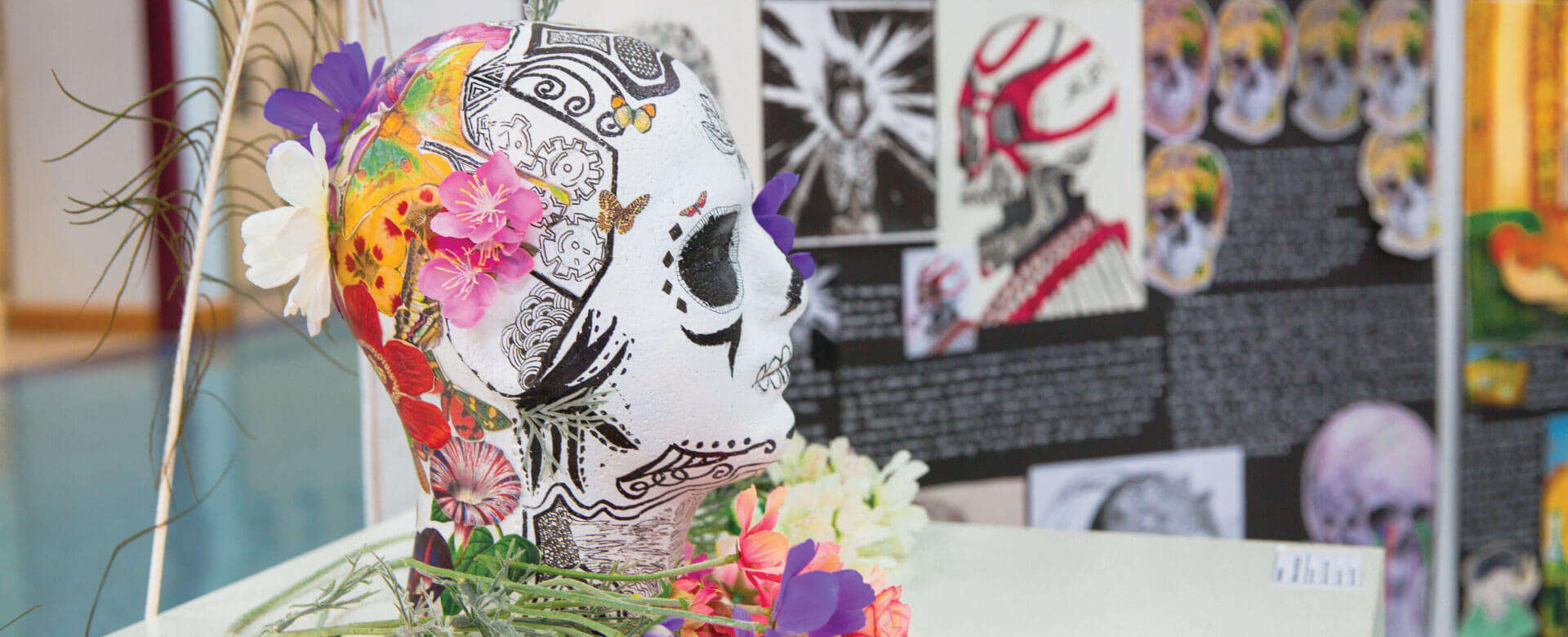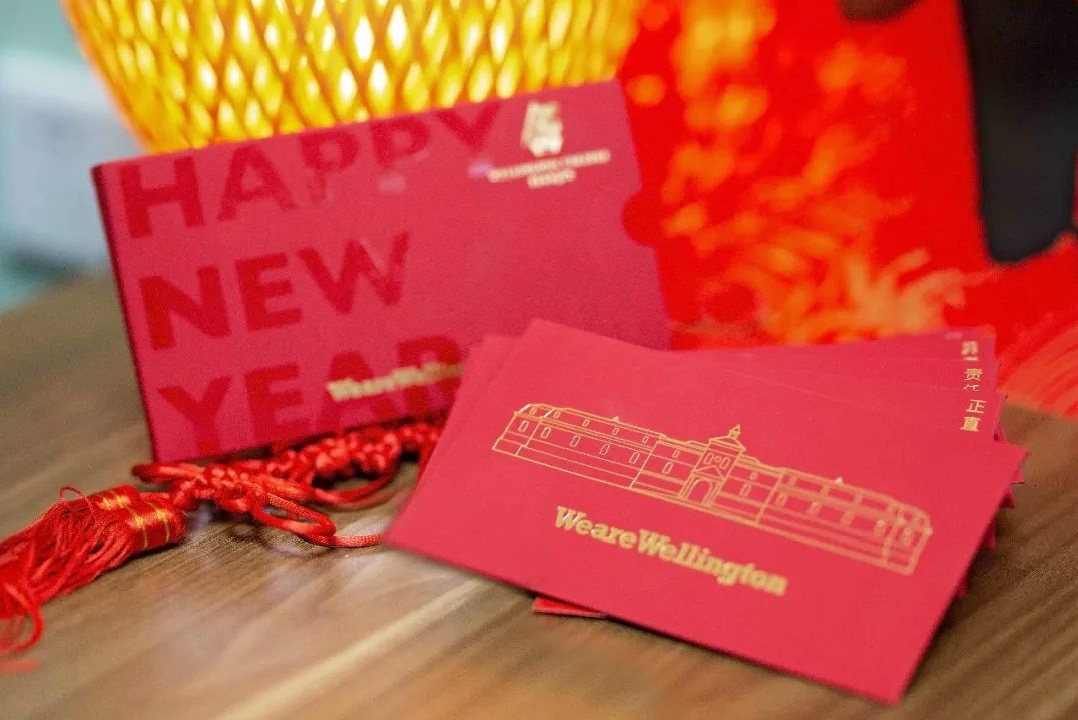Into the Classroom | Integrating Traditional Chinese Culture

From Alvin Wu
Mandarin Teacher
Some mornings, we can hear pupils reading ancient Chinese literature in their classrooms. At times, they read “The King of Qin unified the realm with the force of thunder, watching it with his tiger-like glare.” (秦王扫六合,虎视何雄哉) Sometimes they read “Lone goose flying in the sun-set glowing clouds, the waters in autumn share the colour of the sky.” (落霞与孤鹜齐飞,秋水共长天一色) If we open the curtains to let the bright sunshine in, it shines on the large red lanterns hanging at the entrance of the classroom and also on to the Three Hundred Tang Poems on the bookshelf.
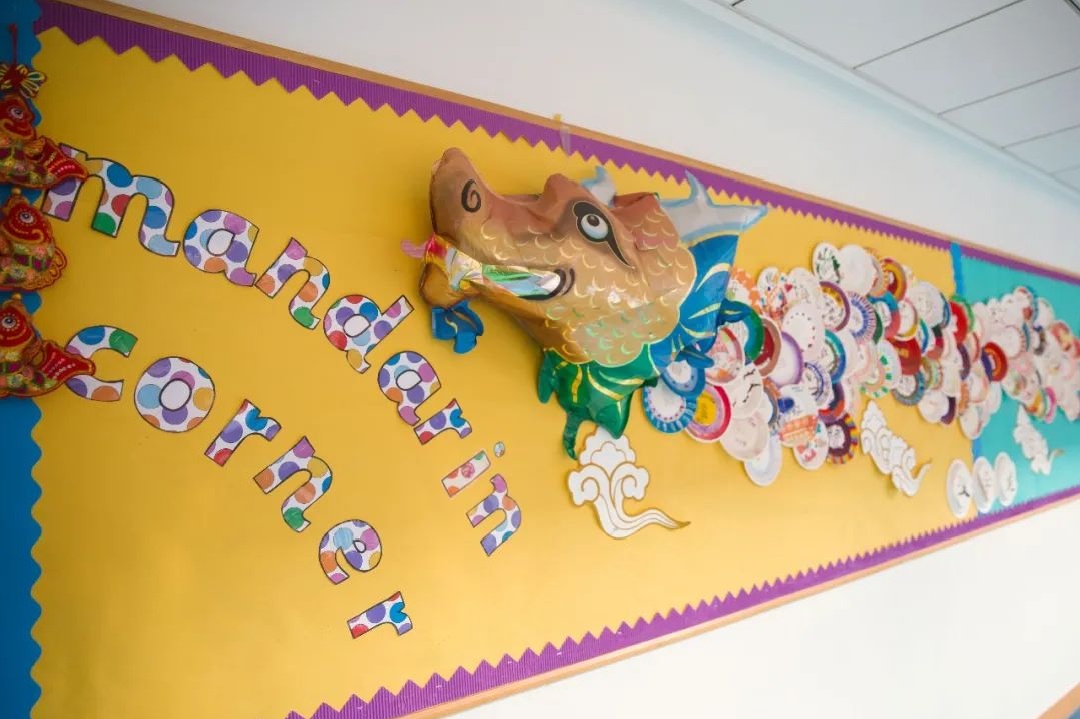
Outside the classroom, the portraits of ancient Chinese sages hang on the wall of the corridor, as if they have travelled through hundreds of years, still teaching today’s children about the meaning of learning. This is just a glance at the traditional Chinese cultural atmosphere we are creating here at Wellington College in Tianjin.
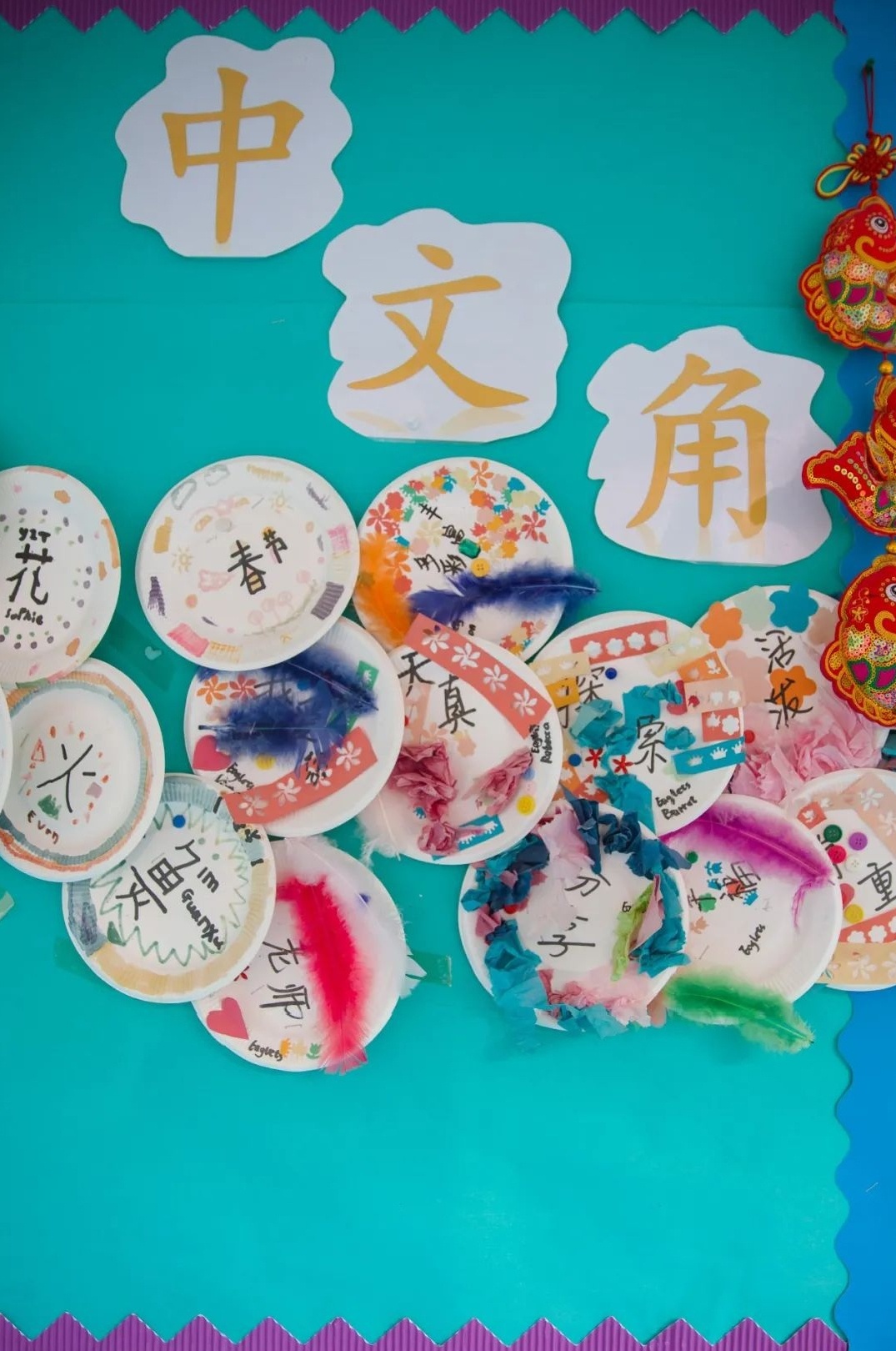
The College is known for its Western education model, but the education of traditional Chinese culture doesn’t only play an irreplaceable part in the curriculum structure, it also has shining elements within the Western education model. In this article, you will discover how we integrate traditional Chinese culture into the Mandarin Chinese programme here at Wellington College Tianjin.
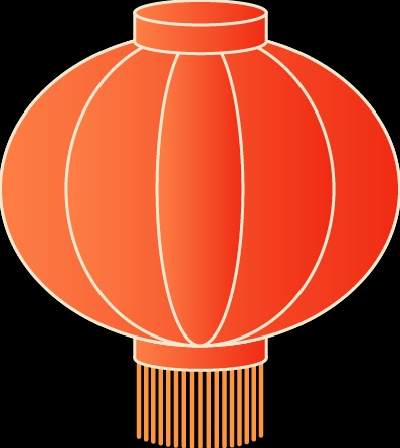
Wellington College Bilingual Tianjin-Nursery
(The Nest)
Teachers in the Nest encourage the children to fully enjoy the culture by letting them experience it through activities. In Pre-Nursery’s classroom activities, the children made a long Chinese-style dragon out of various materials, and held a special “eye-drawing” ceremony. The Head of Early Years drew big, round eyes for the dragon in front of all the teachers and children to help them learn the Chinese idiom "painting the eyes of the dragon" (画龙点睛) in the most straightforward way. What impressed us was that many expatriate children also actively participated in activities such as learning these Chinese traditional idioms, a true blend of Eastern and Western education.
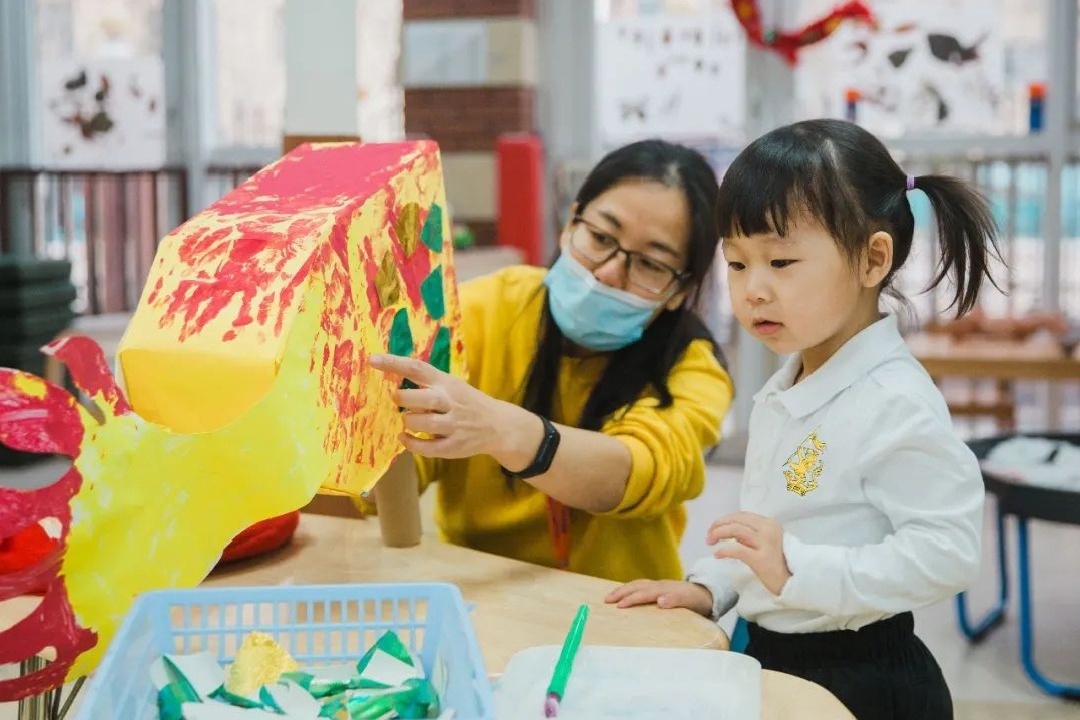
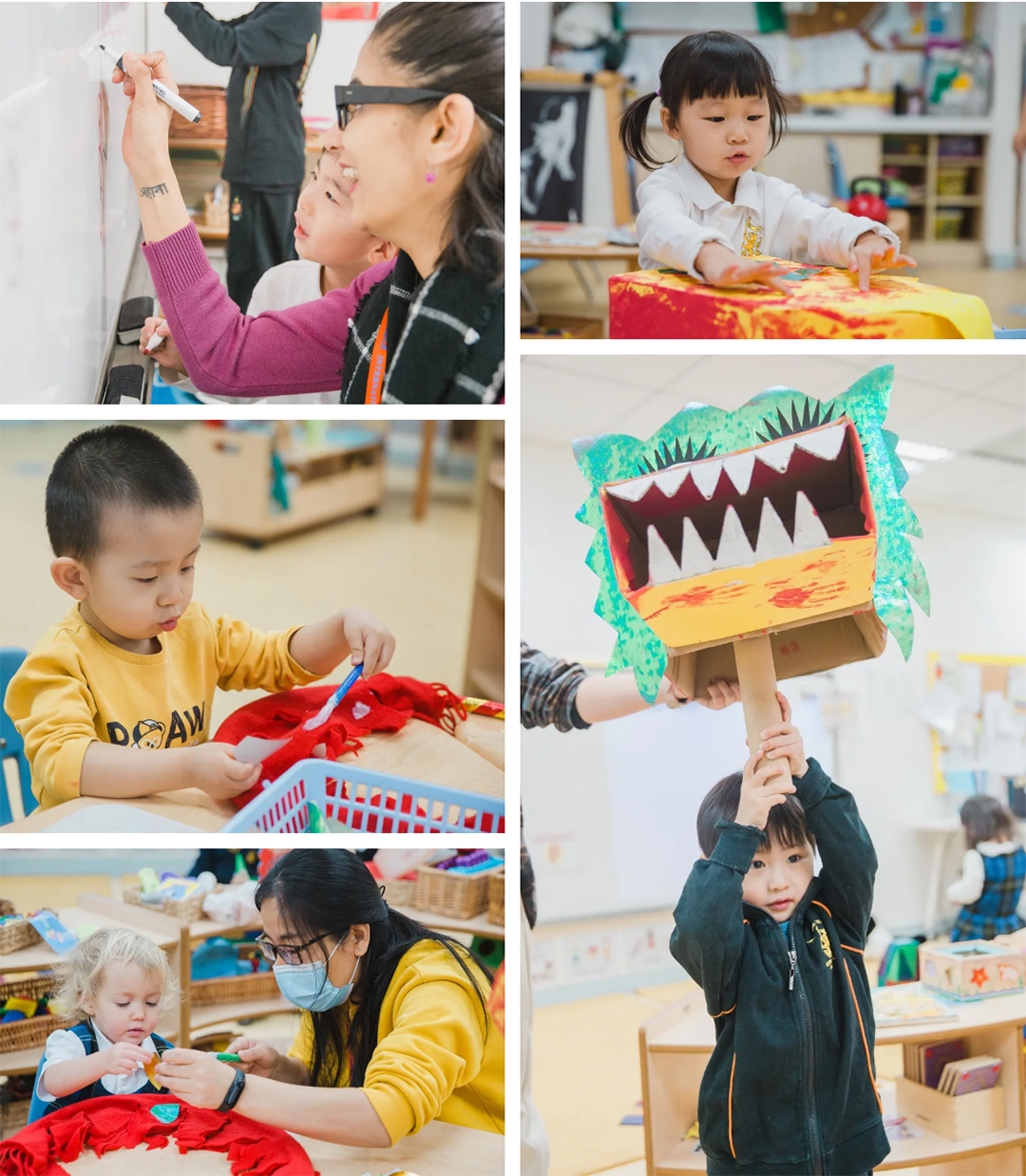
In addition, as a part of our Mandarin programme, teachers and children read traditional Chinese stories that are closely related to the theme they are studying. While enjoying reading, the children can also learn about life through ancient Chinese literature. Furthermore, traditional Chinese poetry also plays a big part in the curriculum in the Nest. The children even draw paintings based on the poems so that they can feel what is called “painting in a poetry, poetry in a painting.” (诗中有画,画中有诗) As effective extensions and supplements to the children’s learning of Chinese traditional culture, they read stories about Chinese idioms, attend Chinese cultural After School Activity classes (ASA), and participate in different kinds of shows and traditional Chinese festivals.
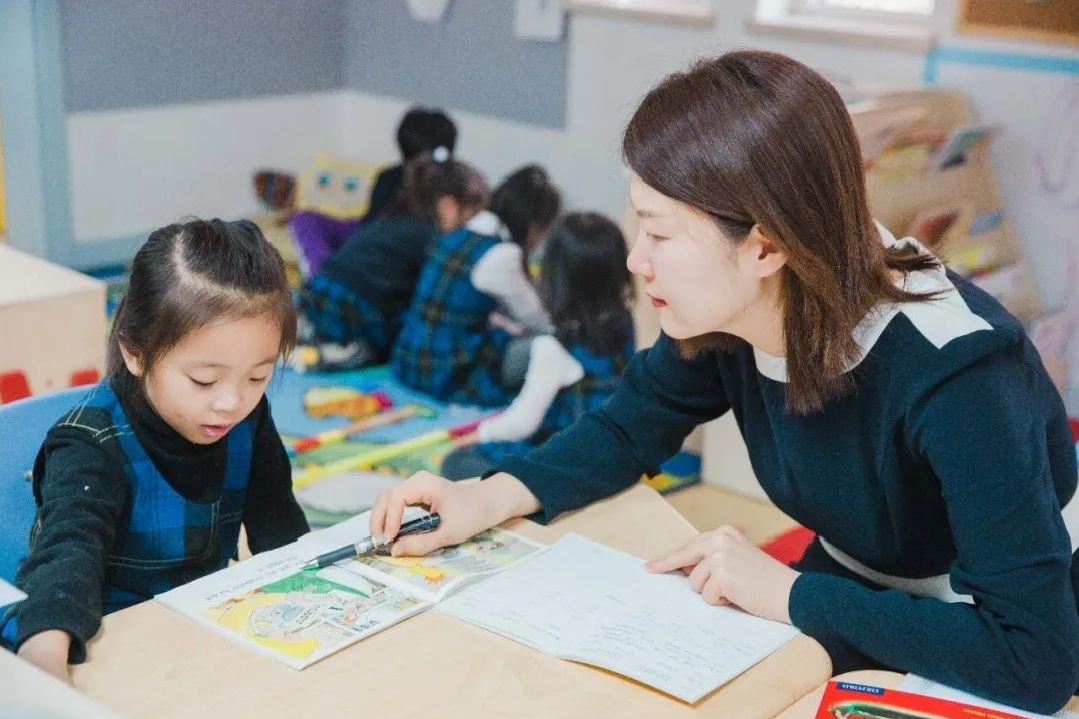
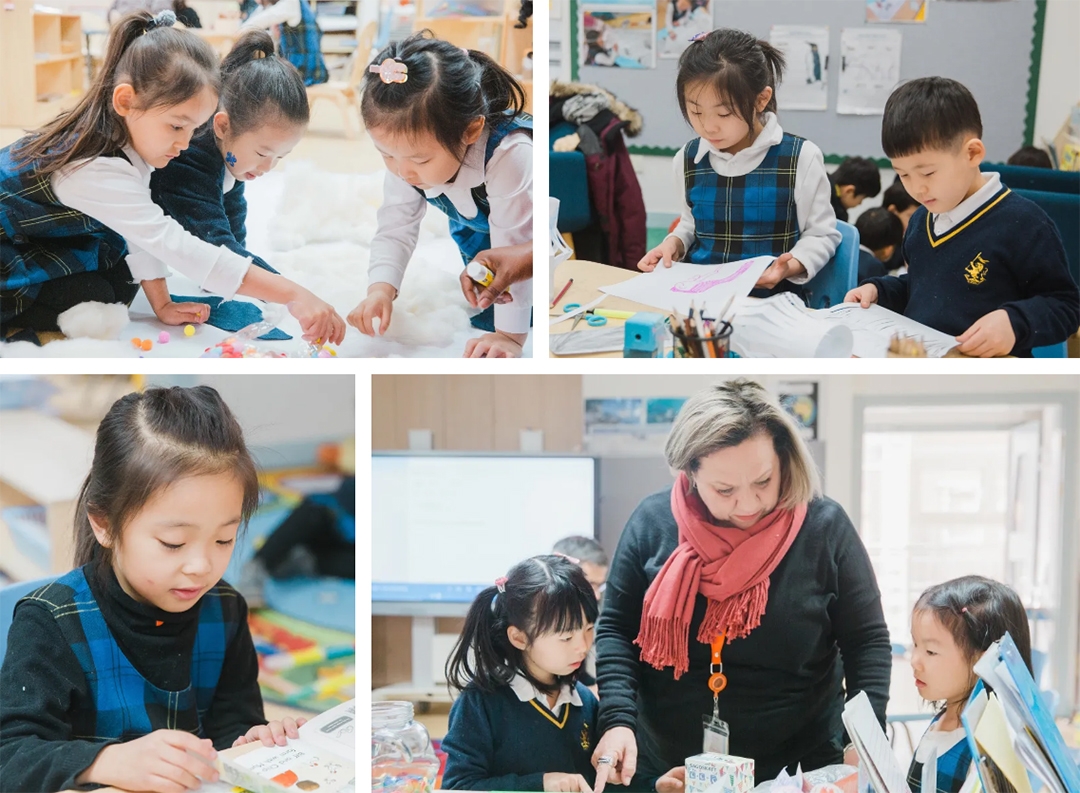
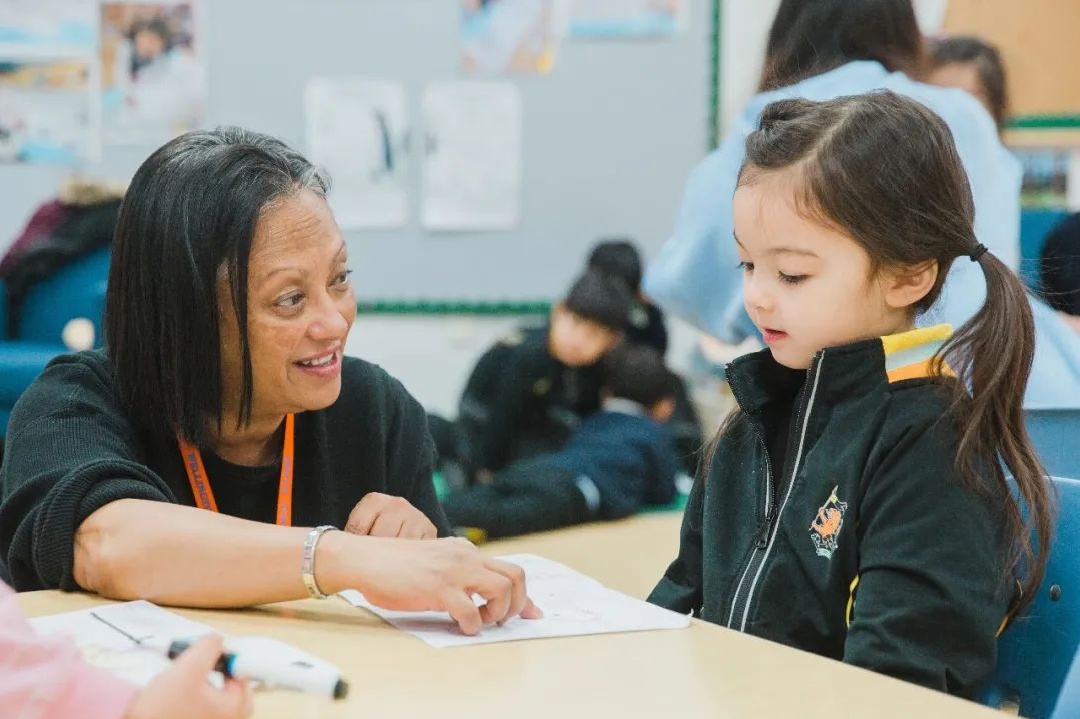
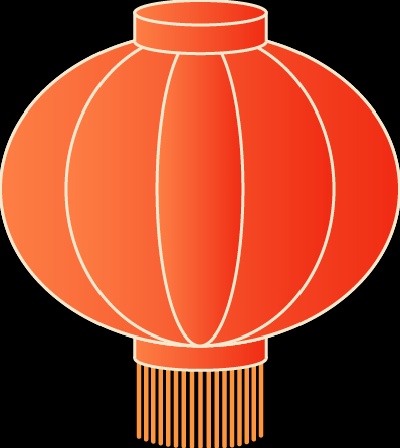
Junior School
The six years of Junior School are critical for pupils to develop good learning habits. Learning traditional Chinese culture enriches a pupils’ knowledge, helps them to develop a habit of reading and lays a solid foundation for their study in the future.
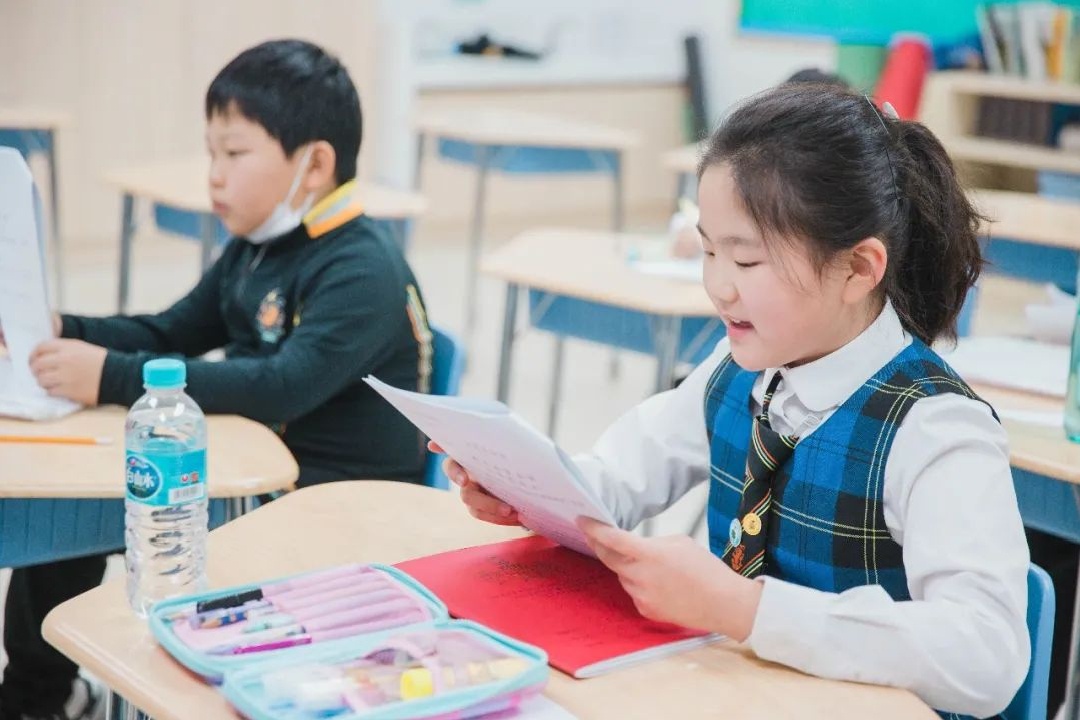
Starting in year 4, pupils have fixed cultural units to study every academic year. Every unit has a different theme, such as tea culture, water culture, and couplet culture. Teachers take the most common cultural elements in daily life as the entry point and design a variety of classroom activities to let pupils explore traces of Chinese culture by themselves.
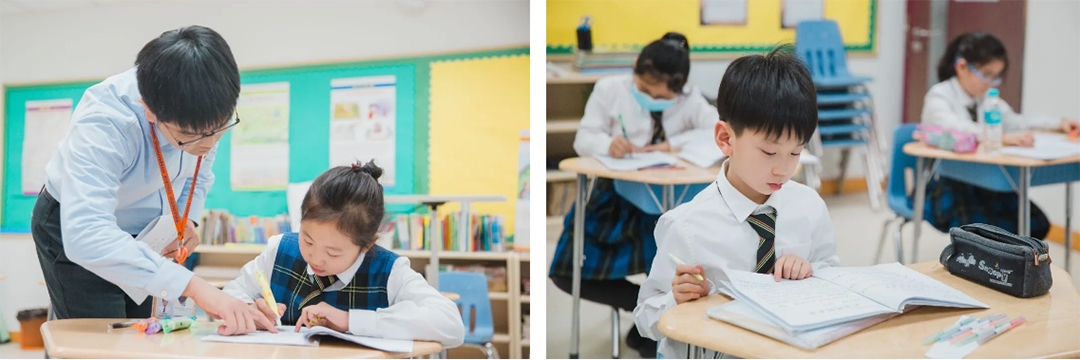
In the unit of “water culture”, the teachers lead the pupils step by step through how to explore the ways “water” influenced Chinese people: from the radical as parts of Chinese characters, to the image in Chinese literature; from the story of Dayu who solved the problem of floods in ancient times (大禹治水), to the hydropower technology nowadays; from the trade ports where hundreds of ships come in and out every day to the huge offshore oil rigs. As pupils learn more and more about the theme of “water”, their knowledge and vision also develops. It is said that, “A door-hinge never gets worm-eaten and running water never gets stale.” (户枢不蠹,流水不腐) One of our pupils wrote in his notebook: “I think Chinese culture is like running water, sometimes gurgling, sometimes rushing, but the sense of belonging and pride that is embedded in the blood is never changed.”
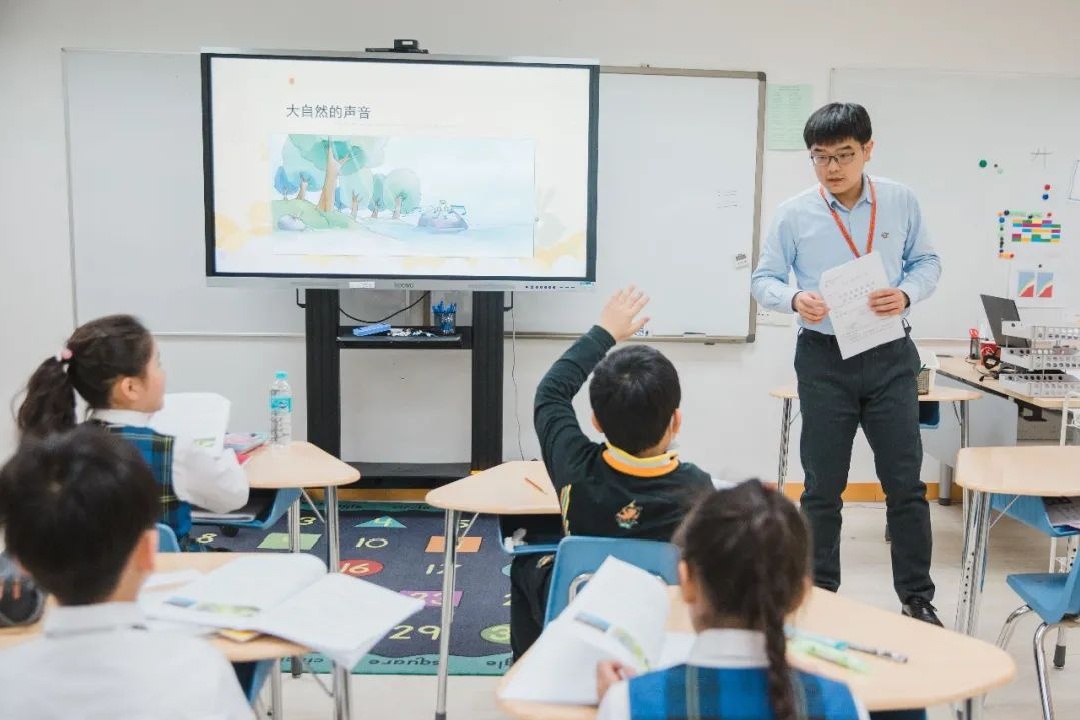
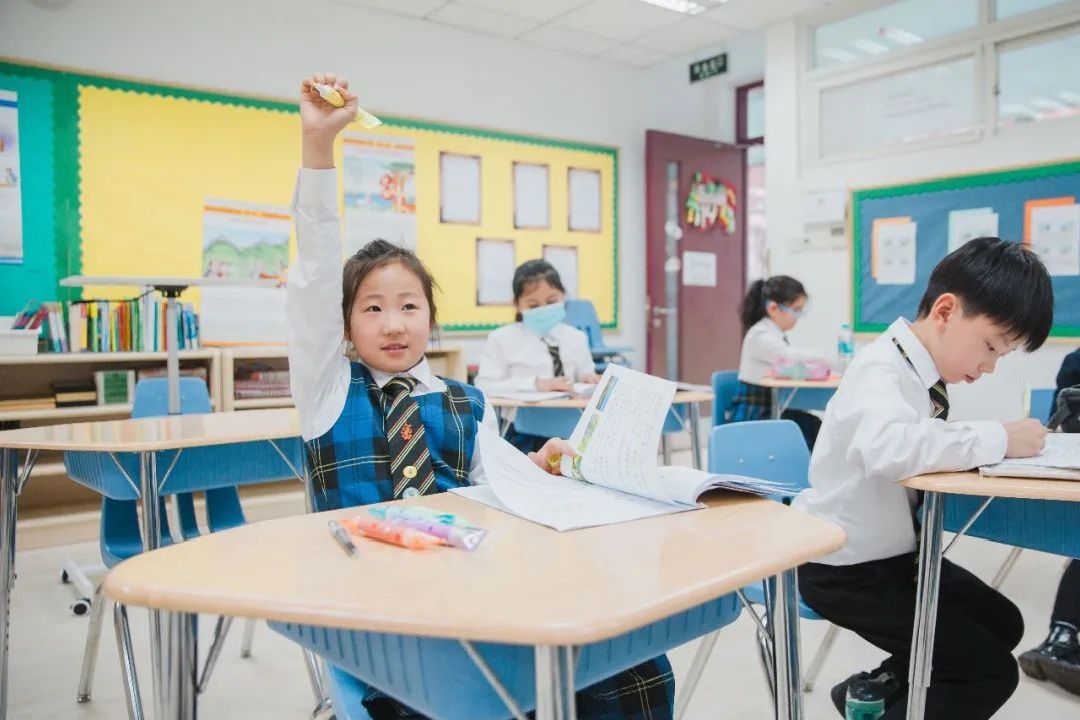
Ancient poetry is also an important part of the traditional culture course in the Junior School. The pupils need to understand not only the meaning of each verse of the poems but also the thoughts and emotions that the poets are trying to express. In the Junior School, our final goal of learning poetry is to let the pupils resonate with the thoughts of poets. When that goal is achieved, despite the barriers of time, the traditional Chinese culture can let young pupils communicate with, and understand, the poets from thousands of years ago; this is our ultimate aim of learning traditional Chinese culture.
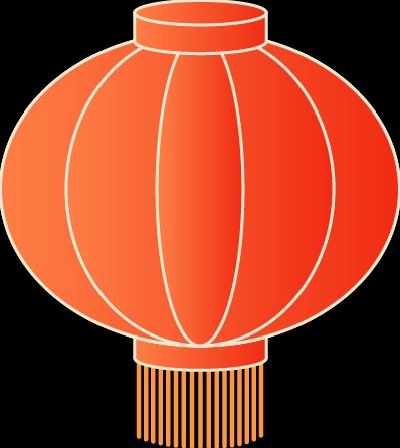
Senior School
Traditional Chinese culture programmes become a required course for pupils in year 7 and above. In year 7, the course covers six themes, including food, festivals, and clothing. Over the year, the course allows the pupils to develop their knowledge and build a solid foundation for their study in the following academic year. In year 8, another important task is added to the course: learning research skills. In this year, the teachers help the pupils develop research skills, such as how to analyze data, how to use search engines, and how to design questionnaires.
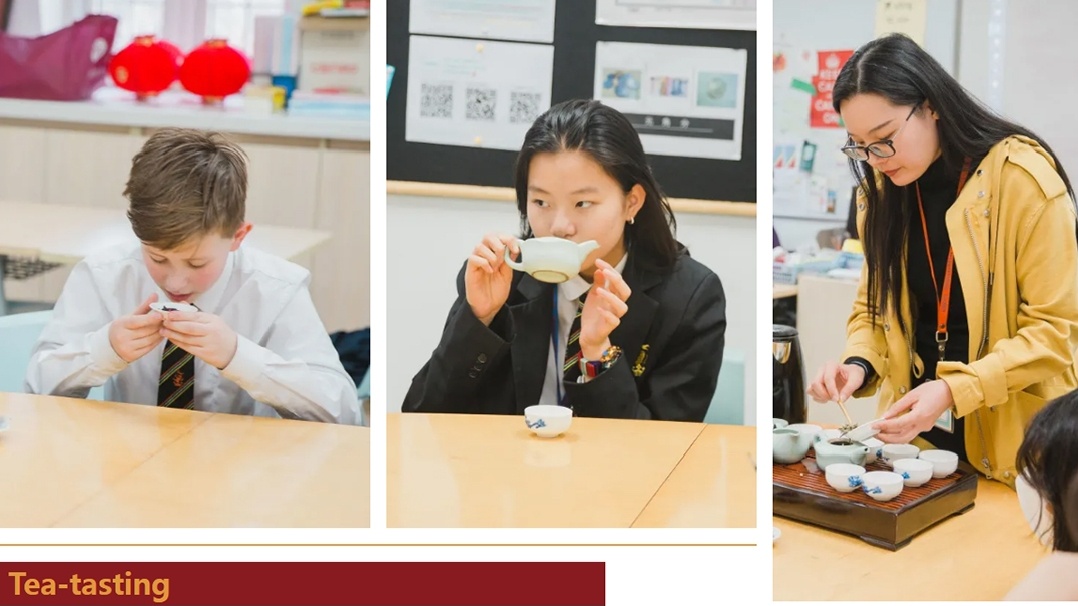
Last year, the research project for our year 8 pupils was how to run a Chinese restaurant in a foreign country. The pupils showed great interest in the project. Some of them designed questionnaires to collect advice from the owners of local restaurants in Tianjin; some of them designed the appearance, menu, and uniforms for waiters for their restaurant; some of them searched for information on the internet and in the library to summarize the experience from others’ success. As a wrap up of the project, many pupils finished detailed research reports and gave presentations about what they have learned during the project. Seeing this, the teachers believe that they enjoyed their research and learning.
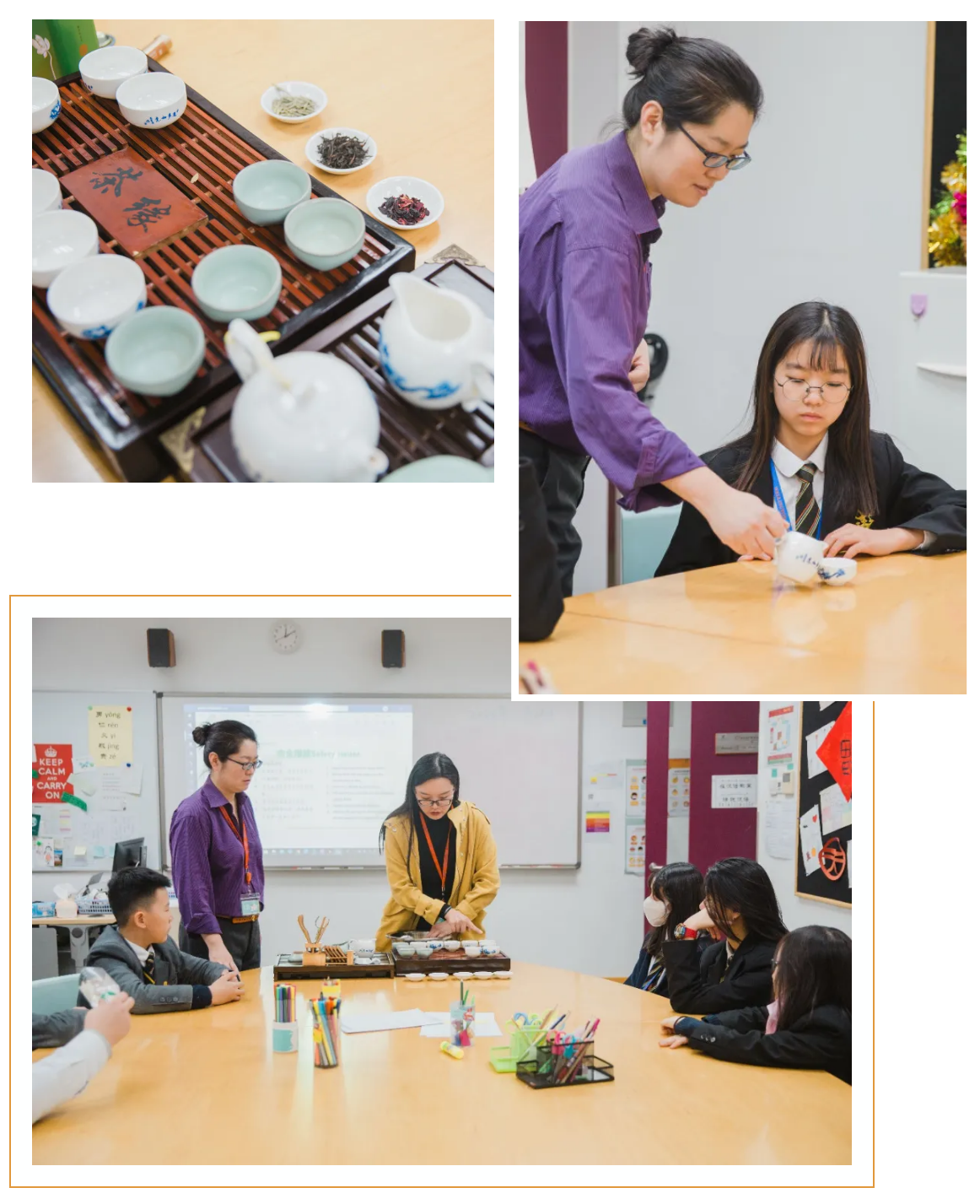
Year 9 is a turning point for this traditional Chinese culture course. The main task for the pupils shifts from embedding knowledge and becomes focused on free research projects, based on certain themes. The pupils select topics that they are interested in, then explore them in-depth with their applicable research methods. They finish their research reports in the last term of the academic year for teachers to grade. The pupils have to evaluate each other’s work as well as communicate what they have learned throughout the year. They can also learn to be inclusive and share from this learning experience.
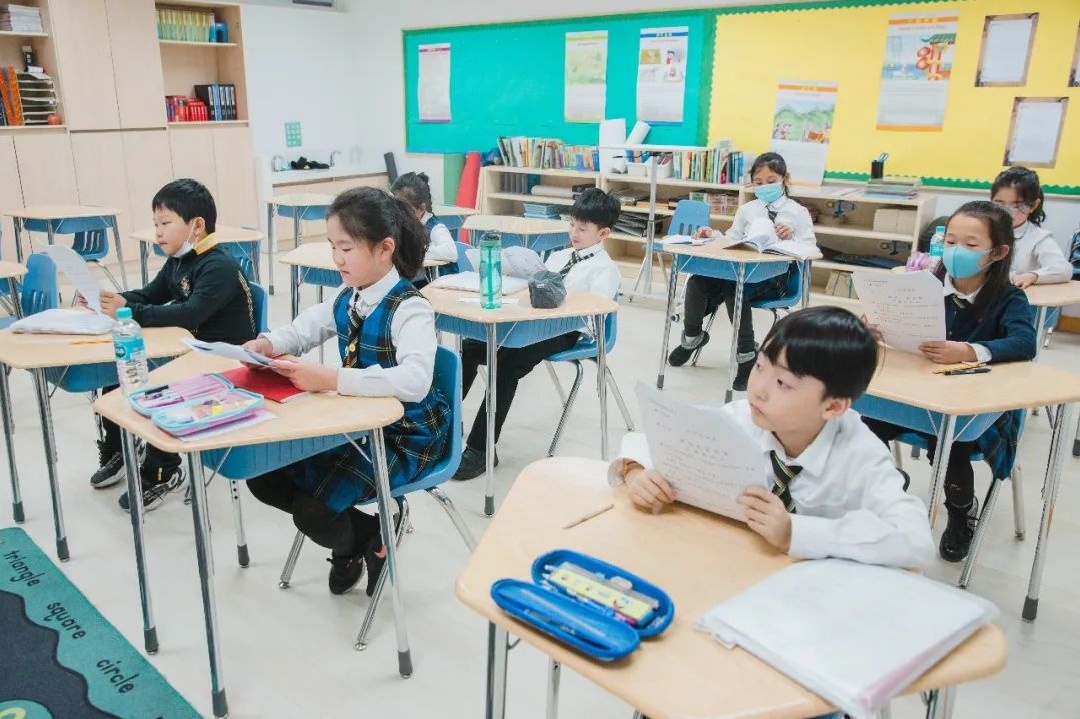
Here at Wellington College in Tianjin, there are other activities that focus on traditional Chinese culture, such as the annual cultural tour for the Senior School, the “Chinese Culture Week” for the whole school, and the “How much do you know about Chinese culture” competition for both Junior and Senior School. Various activities bring the experience of local culture for the pupils. It is clear that with traditional Chinese culture becoming more and more popular all around the world, a combination of culture and language courses will be a trend for the future. Our culture learning system is embedded in the curriculum for each year group throughout pupil’s learning journey with Wellington College Tianjin, and the aim and teaching method for each year group are also clear so that every pupil can benefit the most from the programme. We believe that this helps them strengthen their self-identity and pride to thrive in the 21st century.
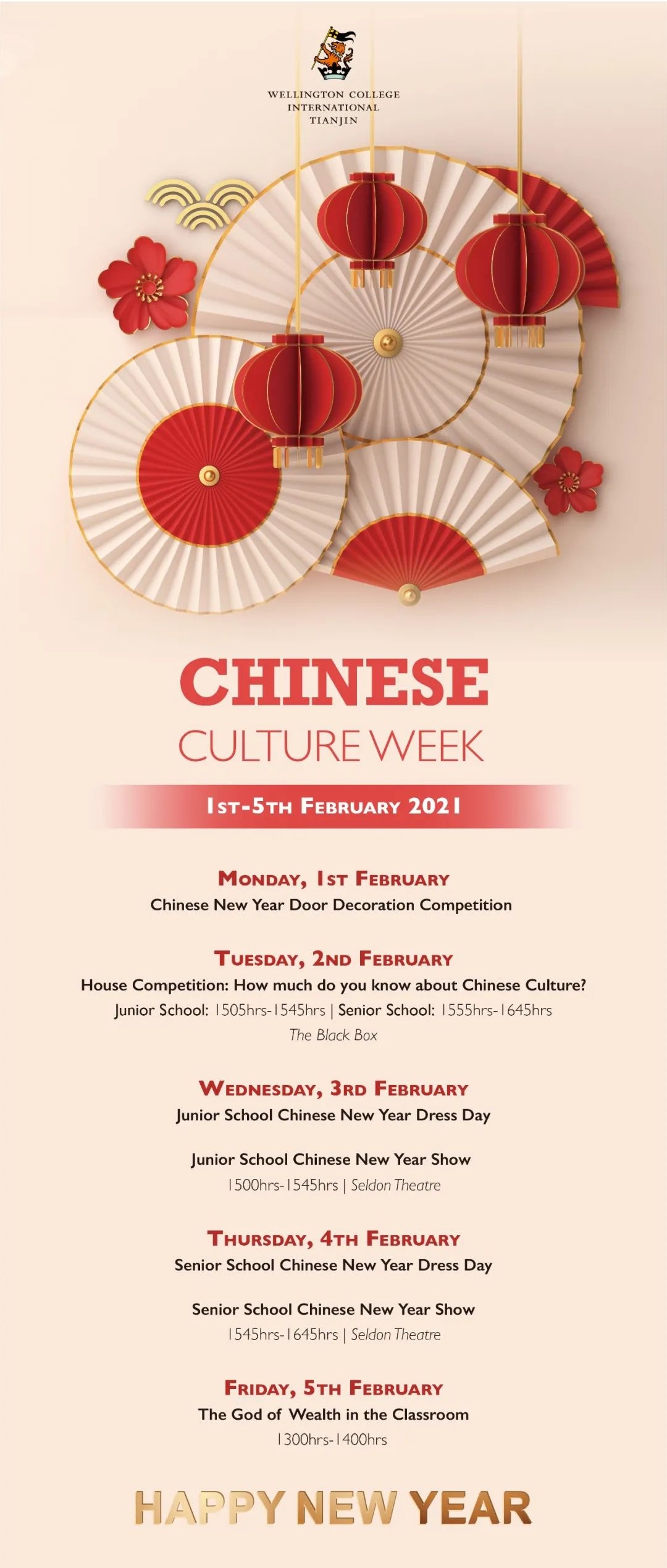
Related Articles

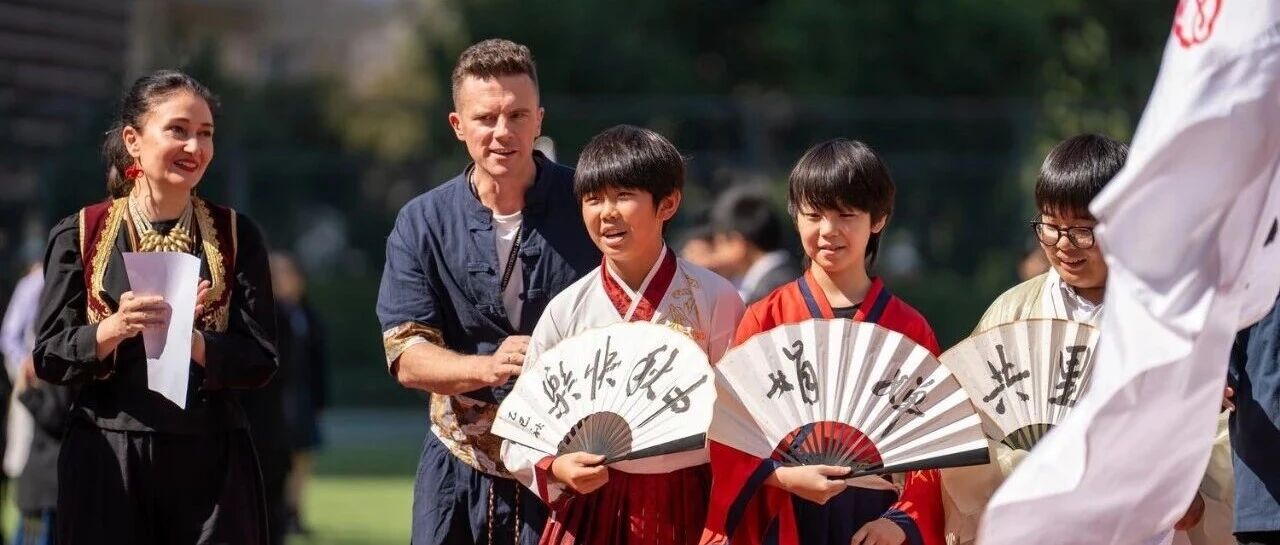
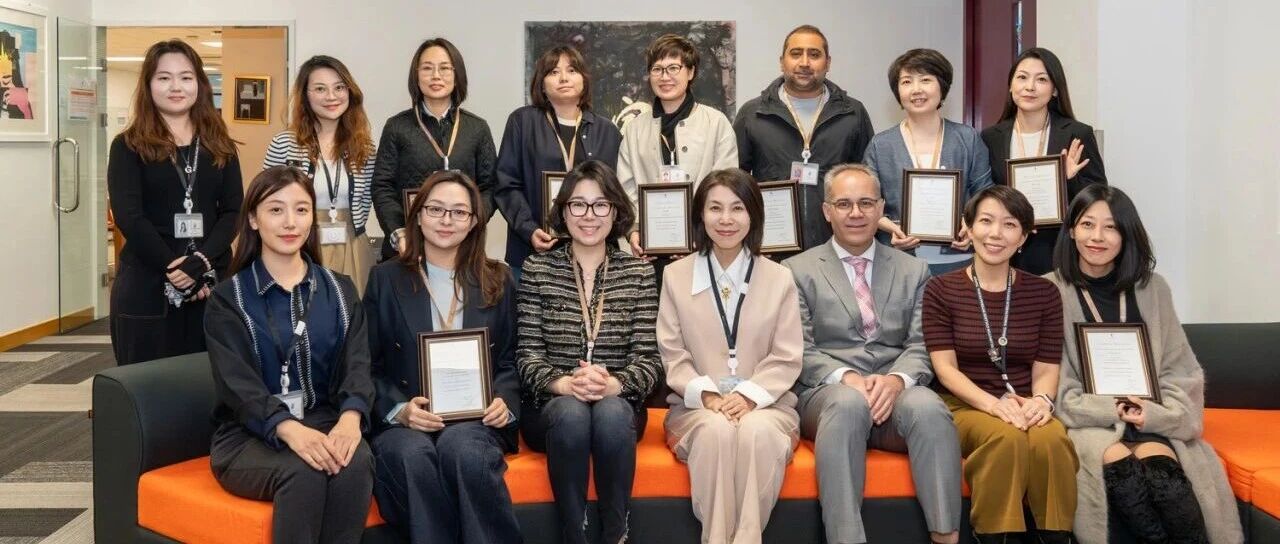






 Channel
Channel 
 Linkedin
Linkedin  Facebook
Facebook  Ins
Ins 

